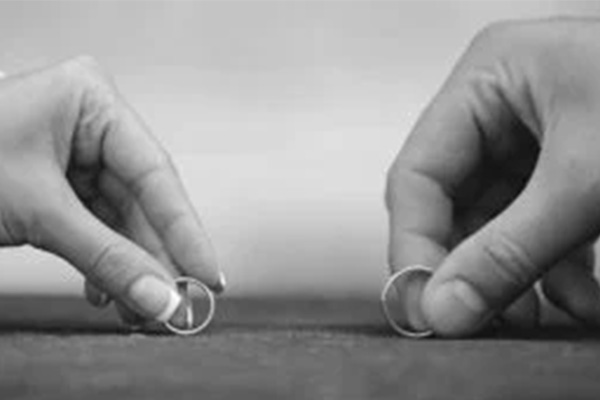How Annoying is Your Partner?
There is lots of advice available about what to look for in a life partner – honesty, shared values, chemistry, consideration and so on. However, we don’t often think too much about the negative traits we are willing to accept and accommodate in a long-term relationship.
Even the best relationships has its challenges. So maybe the best thing to focus on is not necessarily what we want out of a relationship question to ask ourselves is “what I am willing tolerate in my long-term romantic relationship?”
We tend to focus on looking for good qualities in our romantic partners. However, research suggests that looking at our partners’ faults is wise and productive. We know that even the most wonderful people have annoying traits, and they only intensify over time. Maybe your partner is great fun but a little unreliable. Perhaps they shut down emotionally when they are angry or sad. Or maybe they load the dishwasher in a way that makes you want to cry. We all have these traits and so do our partners.
Some of these annoyances are small and others bigger, but their impact is different – depending on each person and their individual pet peeves. For some people, being with someone who creates a huge mess when making the dinner is a nightmare. Whilst others, having dinner made for them is worth the mess and not such a big deal. For some people, being emotionally shut out for even a short time triggers panic and distress. Whilst others do their own thing while their partner works through their feelings and wait for when they are ready to re-engage.
Choose Your Battles
John Gottman is a contemporary psychologist best known for his research on marital stability predicted that 70 percent of conflicts we have with our partners are unsolvable. Ref- John Gottman They are just differences in the way we go about things, or opinions, that are unlikely to change. So, spending too much time trying to ‘fix’ those areas are not a wise investment.
Instead, it makes more sense to choose partners whose negative traits don’t bother us too much. It’s not that we can’t be honest that we see those traits as aggravating, but they don’t make us feel constantly exhausted or on edge. You can also channel your energy toward solving the problems that can actually be solved so you have more energy for letting the rest go.
Having said this, it is all about balance. If our partner is kind, loving and considerate the vast majority of the time. It is much easier to accept that they may not load the dishwasher the way we would like. However, if our partner tends to be selfish or inconsiderate on the whole. Then it might be much more difficult to overlook the smaller things because resentment may well have set in.
So, as much as it is important to consider what want in a relationship. By considering which negative traits and irritations you can or cannot manage can really help you in figuring out what you do want
Behaviours You Should Never Accept
While research suggests some benefits of overlooking imperfections. It is important to recognise the things that we should never ignore, accept or accommodate. Abuse—whether physical, sexual, or emotional abuse—is never okay. Someone who criticises you, puts you down, humiliates you, controls your relationships or activities. Or monitors your whereabouts are all signs of abuse. These are not things to endure, but signals to get help and get out. If you think you may be in an abusive relationship. For help contact – Refuge
If you would like some help to talk through some of the annoyances in your relationship. Contact us at Relationship Counselling Surrey Today. Click Booking Request










